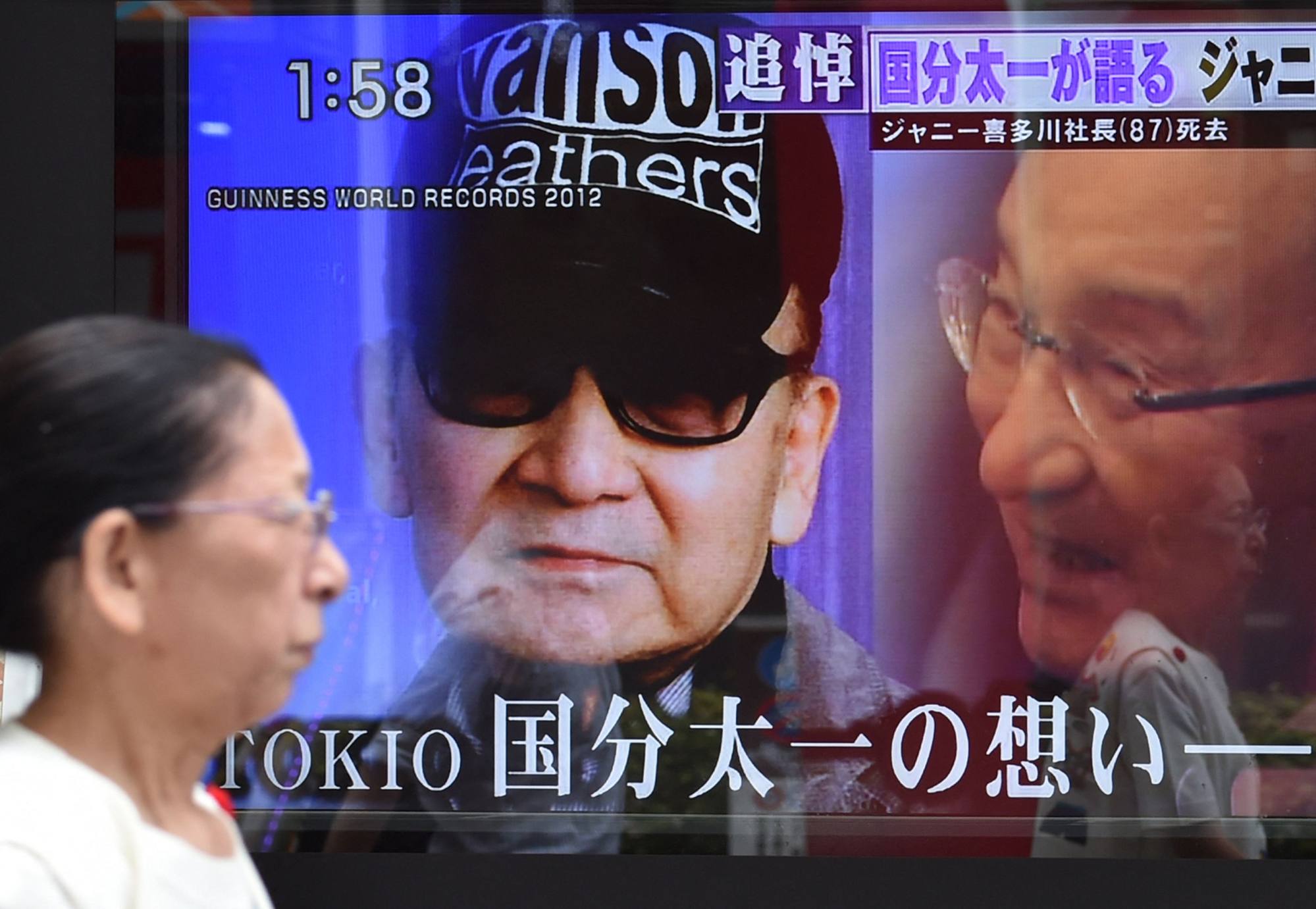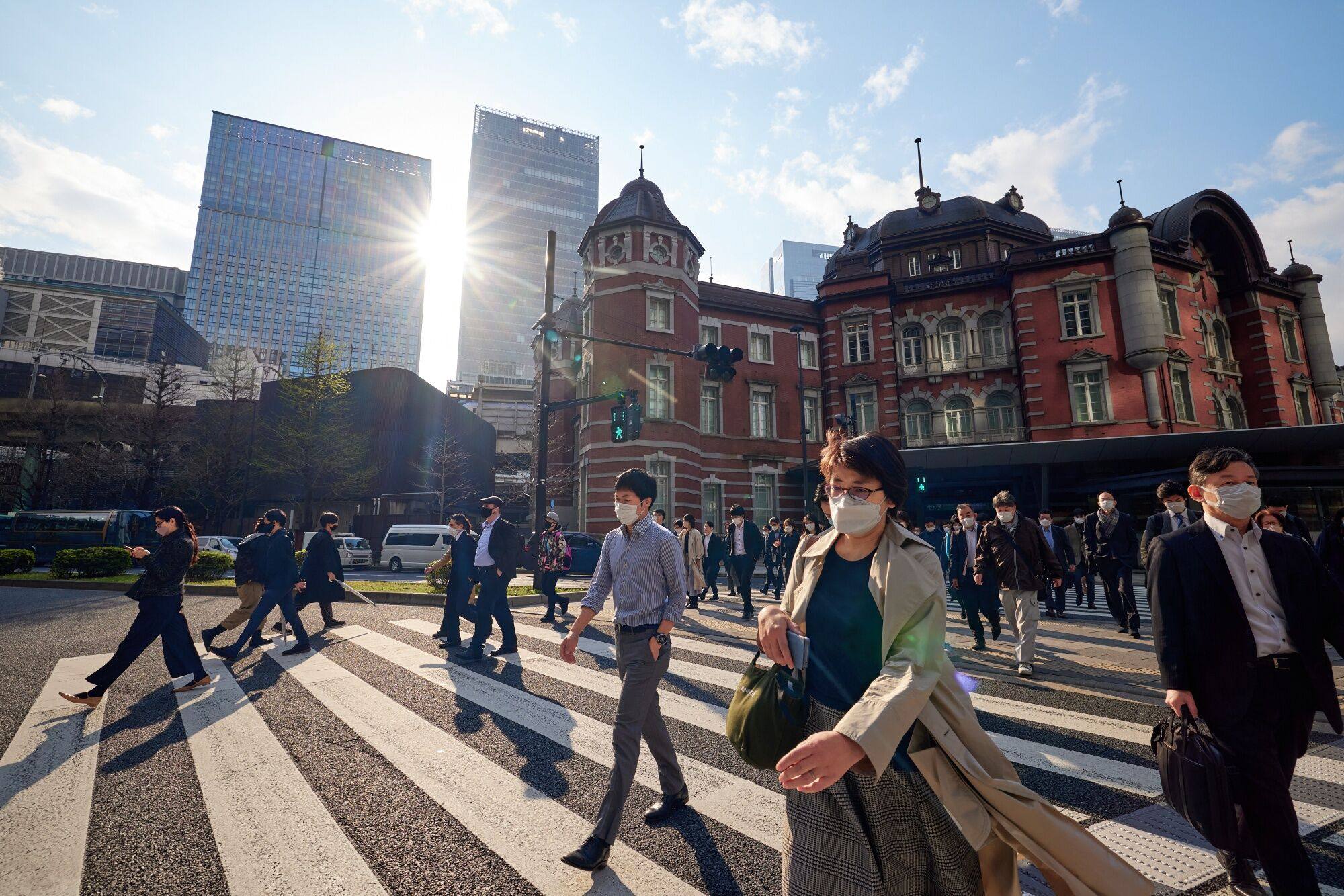One of the newest additions to the list of actions that can be considered abusive towards colleagues is audible sighing, an indication of dissatisfaction or disgust that comes under “mood harassment”.
“As awareness of harassment has increased, and more companies have introduced countermeasures, the public has become more aware of the problem and started asking the question, ‘Isn’t this also harassment?’” said Kaname Murasaki, head of the Osaka-based Japan Harassment Counsellor Association.
“The different types of harassment have become a hot topic of conversation and generated a lot of public sympathy for people who have experienced it,” he told This Week in Asia. “As a result, new and slightly different types of harassment are being recognised.”

The vast majority of incidents in the Japanese workplace can be categorised as “power harassment” – 95 per cent of the people who have consulted the association were seeking help to stop an abusive colleague.
A study conducted by Tokyo-based staffing agency Workport Inc in March indicated that nearly two-thirds of young and mid-career employees had been the target of “power harassment” by superiors, and that half had responded by doing nothing.
About 65 per cent of the 661 people questioned said they had been the subject of verbal abuse and insults, their achievements had been ignored, or they had been given “excessive or harsh work”, according to the study released on April 25. Nearly 10 per cent reported sexual or physical harassment, and almost 5 per cent said they had been assaulted or injured in the workplace.
Nikkei Asia reported that complaints about workplace abuse soared to 88,000 cases in 2021, tripling within 15 years.
“Japan’s first law against power harassment only went into force in 2020, so before that it was not illegal,” Murasaki said. “That made it very difficult for people to voice their concerns.”

“There has been a clear increase in the number of complaints that we are receiving, mainly I believe because people are more aware than before that they have the right to complain,” said Chisato Kitanaka, an associate professor of sociology at Hiroshima University and an adviser in the university’s harassment consultation office.
“Before, they were reluctant because they were afraid of a backlash or punishment from a superior,” she said. “That is why we are seeing more and different complaints.”
Recent years have seen the emergence of more types of harassment, she said, such as the worsening problem of customer harassment. Companies in the service sector are reporting a surge in cases of customers abusing staff, with the Tokyo Metropolitan Government so concerned that it is drawing up legislation to combat the problem.
Two relative newcomers to the list of workplace harassment are odour and mood harassment, said Murasaki.
“Odour harassment is any behaviour that makes other people uncomfortable due to smell, and that can include body odour, perfume, cigarettes, make-up or dirt that has accumulated on a person’s clothing,” he said. “It is any smell that interferes with another person’s ability to do their work.”
Murasaki’s association holds training sessions with companies to raise awareness of the problem and encourage staff to be considerate towards those around them.

Mandom Corp, which produces personal care products for men, has formed a team that visits companies to advise on scent etiquette and how to deal with body odour and oily skin, a concern for office workers as Japan approaches the hot and steamy summer months.
Middle-aged and older men frequently bear the brunt of office criticism for their lack of personal hygiene but Kitanaka said she had also dealt with cases involving cultural differences such as the more frequent use of scented deodorants or perfumes by foreign employees compared with their Japanese colleagues.
Murasaki said he was handling more requests on tips to handle huki, or mood, harassment.
“This is the act of inflicting mental distress on another person through facial expressions, sighs or attitude,” he said.
“Sighing is a good way of relieving stress, so my advice is to find a place where there are no other people and sigh there … All of us need to take care to not sigh or look annoyed so that the people around us do not misunderstand.”

